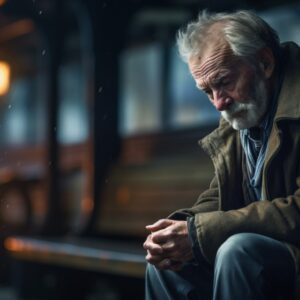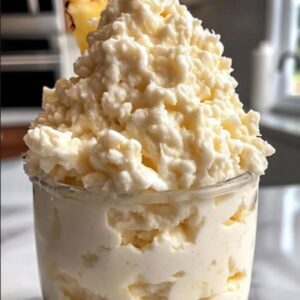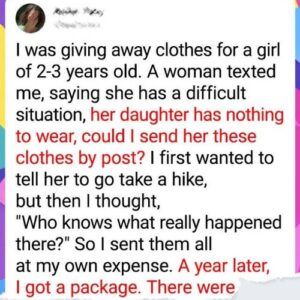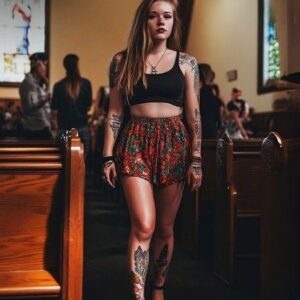Jackie Kennedy was born in Southampton, New York, on the 29th of July, 1929. Her father John Vernon Bouvier III was a stockbroker and was coming from a wealthy family.
At early age, Jackie grow intrest in riding, writing and painting.
As her family was in wealth, Jackie received the best education money can buy. She lived her childhood in New York, Hampton, Newport, and Rhode Island.

She started first grade at the Miss Chapin’s School on East End Avenue in New York. Her teacher, Miss Platt had described Jackie as, “a darling child, the prettiest little girl, very clever, very artistic, and full of the devil.”
As Jackie was a troublemaker, headmistress Miss Ethel Stringfellow described her, “Jacqueline was given a D in Form because her disturbing conduct in her geography class made it necessary to exclude her from the room.”
Jackie’s parents divorced when she was ten. Then her mother, Janet, had married with Hugh D. Auchincloss, and they moved to Washington D.C.
When it was 1947, Jackie attended to the Vassar College, then she went to Sorbonne, in Paris. She returned to Washington in her junior year, and in 1951 she was graduated from George Washington University.
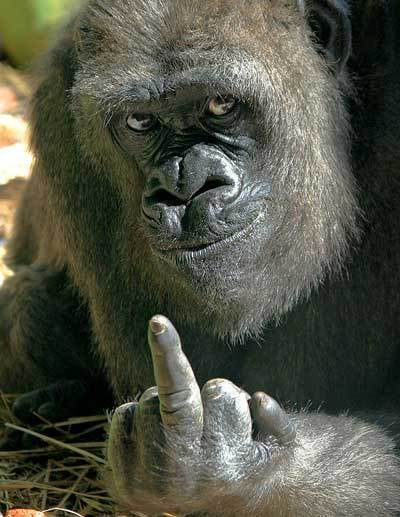
“I loved it more than any year of my life. Being away from home gave me a chance to look at myself with a jaundiced eye,” Jackie said for her time in France.
“I learned not to be ashamed of a real hunger for knowledge, something I had always tried to hide, and I came home glad to start in here again but with a love for Europe that I am afraid will never leave me.”
After her graduation, Jackie had received a job at the Washington Times-Herald Newspaper.
She had interviews with high profile people as Richard M. Nixon and Dwight D. Eisenhower.
She met with her husband, John F. Kennedy in 1952, at a dinner party in Georgetown, which was hosted by her friend, Charles Bartlett.
“She knew instantly that he would have a profound, perhaps disturbing, influence on her life,” Molly Thayer said.
“My brother really was smitten with her right from the very beginning when he first met her at dinner,” Ted Kennedy said about his brother, John F. Kennedy.

On the 12th of September, 1953, the couple got married at the St. Mary’s Church in Newport, Rhode Island.
When it was 8th of 1960, Kennedy became the President of the United States, and Jackie became the First Lady.
She was 31 years old when she received the title. “Everyone said, why didn’t Jack kiss you after, which of course, he would never do there. But you had to march out in such order that I was about eight behind him,” Jackie said.

“And I so badly wanted to see him before the lunch, just to see him alone. And I caught up to him in the Capitol and, oh, I was just so proud of him.”
“And there’s a picture where I have my hand on his chin, and you know, he’s just looking at me, and there really were tears in his eyes. Suddenly a flash came because I didn’t think there was anyone there. In the papers, it said wife chucks him under chin. I mean, that was so much more emotional than any kiss because his eyes really did fill with tears.”
On the 22nd of November, 1963, the terrible tragedy happened in Dallas, Texas. At that date, John F. Kennedy had lost his life with assassination. Jackie became a widow at the age of 34, and millions of people was shocked with the incident.

Short after her husband’s passing, Jackie started to work on the John F. Kennedy Presidential Library and Museum.
In 1968, Jackie married with Aristotle Onassis. And in 1975, Aristotle passed away, and she became an editor at Viking Press in New York City.
In 1994, Jackie passed away due to non-Hodgkins lymphoma, and she was buried next to JFK, at the Arlington National Cemetery, outside of Washington D.C.

Her formey bodyguard, Clintt Hill had talked about Jackie in recent interviews. He was working with President Eisenhower in Denver, Colorado, after he became a special agent for counterintelligence for the Department of the army.
““Okay, we’ve decided what we’re going to do. You’re going to be assigned to Mrs. Kennedy.” And I was really disgusted,” Hill revealed.

“I didn’t want that assignment. I had seen what former first ladies did. Fashion shows, tea parties, ballet school. I didn’t want any part of that.”
As he met with Jackie, Hill learned that Jackie was not the same First Ladies he had seen before. They had a incredible relationship.
“She wanted the children to be brought up as normal children. Nothing special. The agents were to treat them as if they were just one of their own. If the kids fell down, they got up. You didn’t help them. They had to learn all this stuff on their own. She wanted to avoid as much publicity as she could for the children and for herself,” Hill shared.
“Oh, she was a great mother. She was very concerned about them, about their education. She formed a school there in the White House so that Caroline could go to school and had a bunch of several young classmates brought in from outside, from all walks of life. And it was right up on the third floor of the White House, had two teachers. They used to play out on the south grounds,” the former bodyguard added.
As Clint was working for long hours, he was staying away from his home, wife and children. As Jackie noticed that, he had invited his children to play with her own children. But Hill had refused.
“I finally convinced her; I said, ‘This just isn’t a good idea. I’m a government employee. You’re the wife of the president. They’re the president’s children. I don’t think it’d be a very good idea for my two children to be playing with your two children, and something should happen.’ She finally understood the problem and said, ‘Okay.’” Hill said.
Hill was the special agent, who climbed to the car when JFK was shot. Thanks to him, no photographs were taken.
“She said, ‘Oh, what’s going to happen to you now, Mr. Hill?’ She was so much more concerned about my wellbeing and that of the other agents that were involved, that she wanted to make sure that we were going to be okay,” Klint said.
“And I told her, ‘I’ll be okay, Mrs. Kennedy. I’ll be okay.’ She hadn’t changed clothes. She hadn’t cleaned up. She hadn’t done anything, she just was in shock. And she was more concerned about us than she was about herself.”
What do you think? Let us know.
